Discover the future of electric cars
We are at an important moment in the automotive industry, especially for consumers looking for greener and more efficient alternatives.
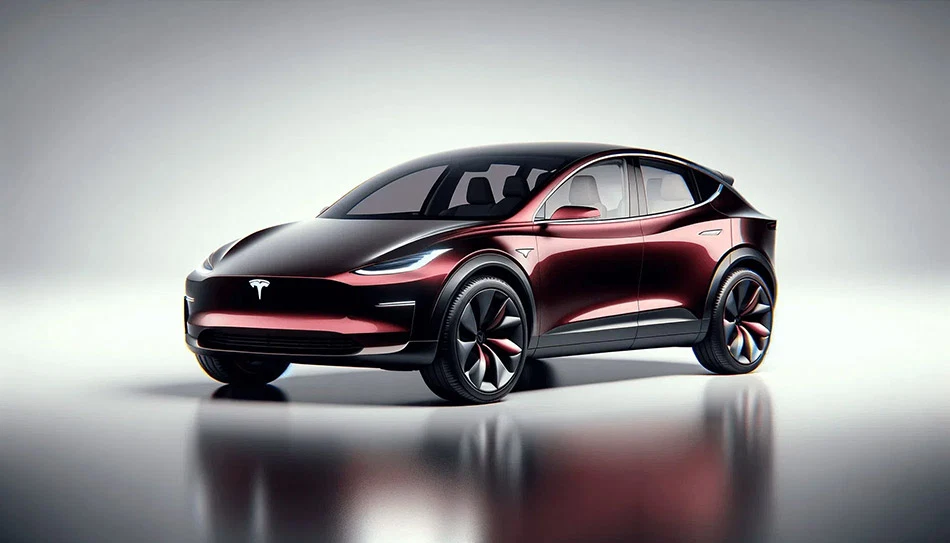
The future of electric cars is brighter than ever, with rapid technological advancements and a growing commitment to sustainability. As environmental concerns and government regulations drive demand for cleaner vehicles, automakers are investing heavily in innovation to transform the automotive industry.
We’ll explore the trends and technologies that are shaping the future of electric cars and highlight the brands that are leading this revolution.
The expansion of the electric car market
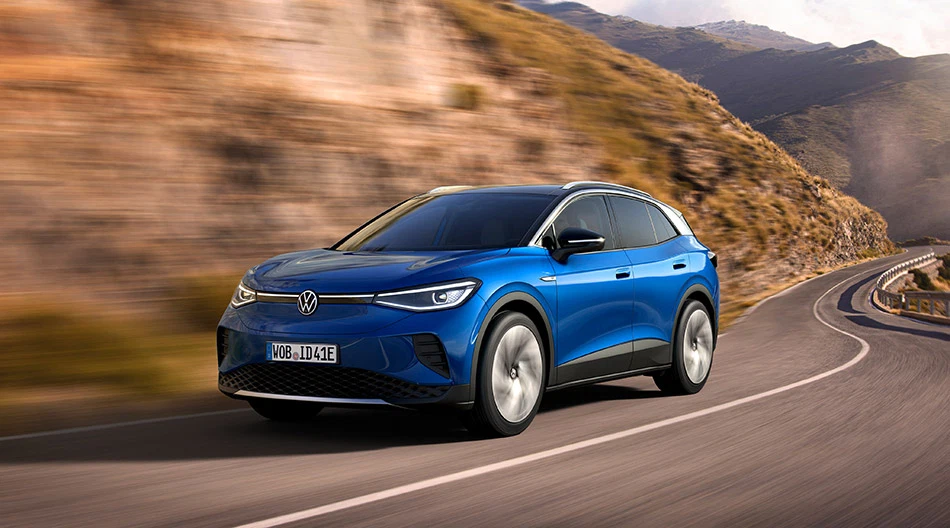
In recent years, the electric car market has grown exponentially. Companies like Tesla continue to lead the way with models like the Tesla Model S and Model 3, which combine exceptional performance with long-range autonomy. Tesla not only leads the way in battery technology, but also in autonomous driving software with its Autopilot system.
Volkswagen: With its ambitious plan called "Way to Zero", Volkswagen is investing billions to become carbon neutral by 2050. Its ID.4 model already stands out as an affordable and efficient electric SUV.
Nissan: Nissan, with its popular Leaf model, continues to improve the affordability and efficiency of electric vehicles, remaining one of the best-selling brands globally.
Innovations in battery technology

The heart of an electric car is undoubtedly the battery. Advances in this area are crucial to the mass adoption of electric vehicles. Companies such as Panasonic and LG Chem are at the forefront of battery research and development, focusing on increasing energy density and reducing charging times.
Solid-State batteries: Toyota is leading the research into solid-state batteries, which promise to be safer and offer greater range than traditional lithium-ion batteries.
Battery Recycling: With growing environmental concerns, companies like Redwood Materials, founded by a former Tesla executive, are focusing on battery recycling solutions to reduce environmental impact.
Charging infrastructure
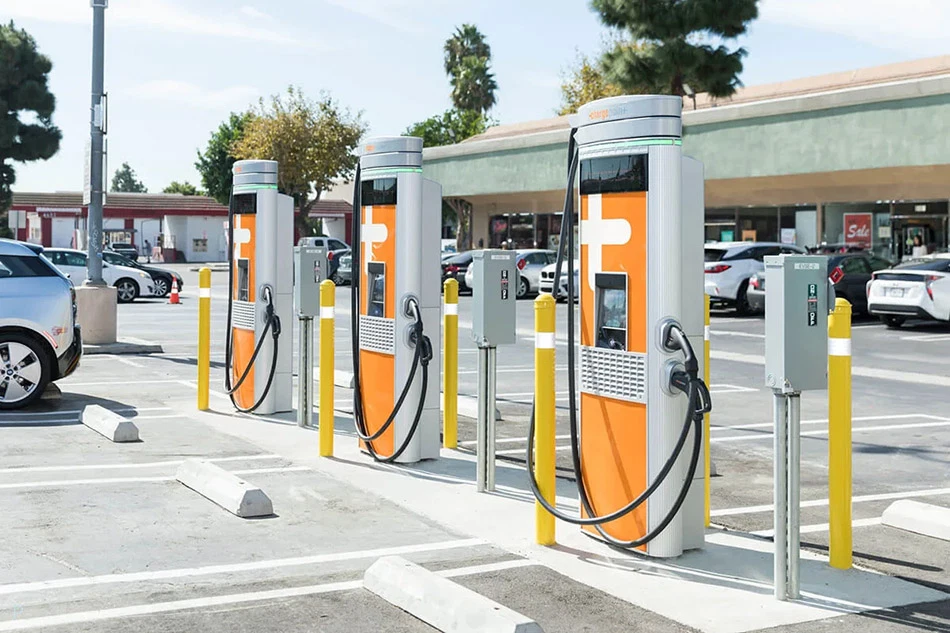
One of the biggest barriers to electric car adoption has been charging infrastructure. However, companies and governments are working together to expand this network.
ChargePoint: As one of the largest charging networks in the world, ChargePoint is continually expanding its stations to make electric vehicle charging more accessible.
Ionity: This joint venture between manufacturers like BMW, Ford, and Hyundai is installing fast-charging stations across Europe, aiming to significantly reduce charging times.
Autonomous electric vehicles
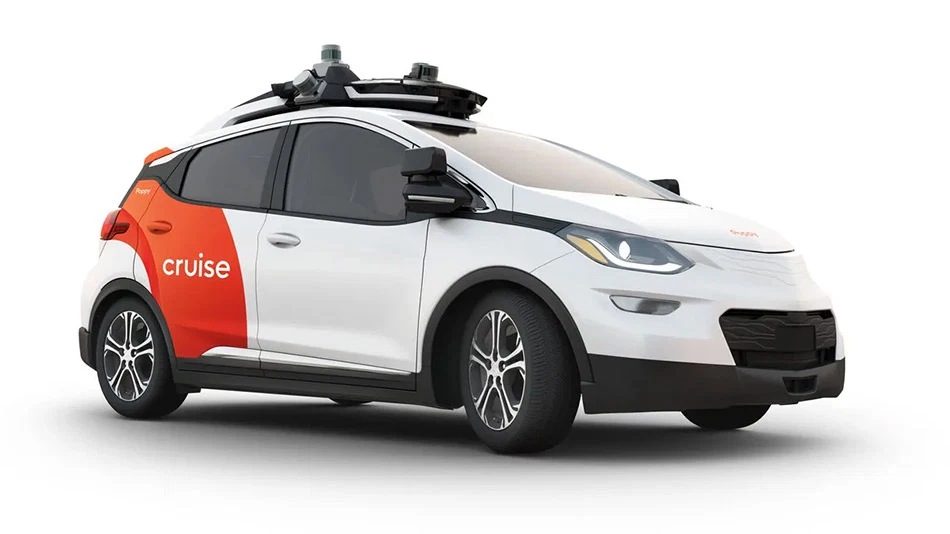
The future of electric cars is also closely linked to the development of autonomous vehicles. Companies such as Alphabet subsidiary Waymo are testing fleets of electric autonomous vehicles in urban environments.
Cruise Automation: Acquired by General Motors, Cruise is developing autonomous technology with the goal of launching an all-electric autonomous taxi service in the coming years.
Tesla: With its Autopilot and plans for a "Tesla Network" of self-driving taxis, Tesla continues to be a leader in the development of electric autonomous vehicles.
Sustainability and environmental impacta
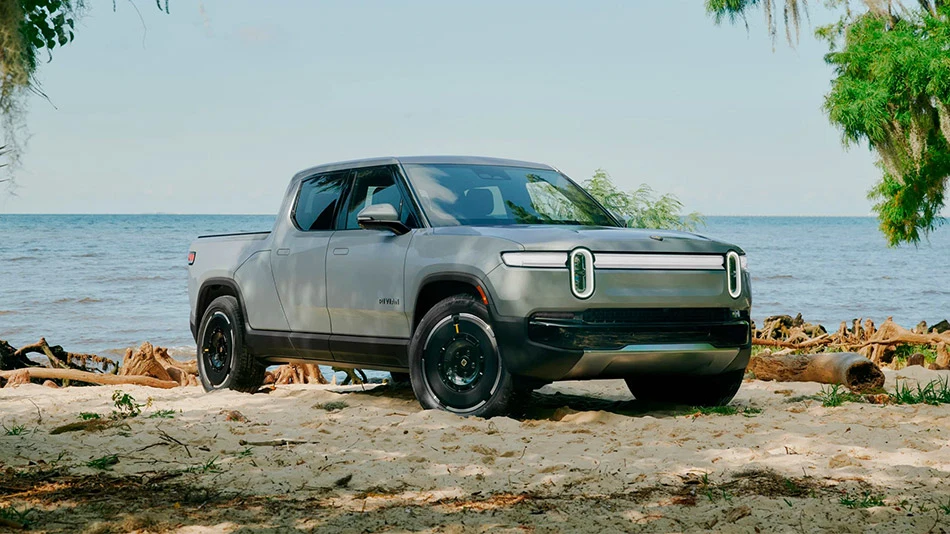
The transition to electric vehicles is an essential step towards reducing carbon emissions and combating climate change. Brands are committing to more sustainable practices not only in manufacturing, but also throughout the entire lifecycle of vehicles.
BMW: BMW is investing in more sustainable production processes, using recycled materials and renewable energy in its factories.
Rivian: This American startup is focused on creating rugged electric vehicles for outdoor adventures, with a strong commitment to environmental sustainability.
As automakers and technology companies continue to innovate, we can expect a future where electric vehicles not only dominate the roads, but also play a critical role in protecting our planet.
Posted in: 01/22/2025
Last modified: 11/13/2025
0 comments